The Bhaktimandakini is a commentary by the Keralan exegete Purnasarasvati, a Saiva ascetic who is well known for his learned and aesthetically sensitive commentaries on works of belles lettres in Sanskrit. The commentary expounds the Visnupadadikesastotra, a hymn of fifty-two intricately elegant verses that describe every detail of Visnu from his toes to his hair, as well as his spouses and his various weapons (conch, discus, sword, etc.). This literary stotra, composed in sragdhara metre, is traditionally ascribed to the non-dualist philosopher Sankara.
In this publication, we furnish a new critical edition of the Bhaktimandakini (that of 1911 being now long out of print) based on four manuscripts and we also provide a text of the stotra as read by the commentator. In the introduction to the edition, the authorship of the stotra, the life and works of Purnasarasvati, as well as the theology of the commentary are discussed. A running translation of the stotra follows the introduction and the book concludes with an index for the quarter verses and a list of the figures of rhetoric (alankara) identified by the commentator.
ABOUT THE AUTHOR N.V.P. Unithiri
Dr. N.V.P. Unithiri is one of the few scholars who have been engaged in the deep study of various facets of Kerala Sanskrit literature for the past three decades. In fact, his efforts can be regarded as conplementary to the work of the pioneers in that he focuses his attention on many fresh areas left untreated or inadequately treated. The present work, which is a collection of eighteen research papers, deals with many fascinating aspects of the Sanskrit heritage of Kerala. Sanskrit has been a medium of creative expression of some remarkably brilliant poets; it was also a language of Kerala?s philosophical thought. We have, again, turn to Sanskrit to decipher Sanskrit sources like inscriptions and Mahakavyas to find out the missing links in Kerala history. Last, but not the lest, our scientific heritage can be unearthed only when we can decode Sanskrit source books on Astronomy, Mathematics, Architecture and Medicine. In short, it can be stated without any exaggeration that the role of Sanskrit in molding the culture and lifestyles of Kerala has been versatile. Dr. Unithiri spares no pains in unearthing this vast output through his meticulously written papers, which are commendable for the rich insights they yield.

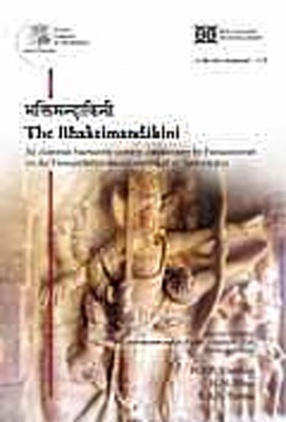
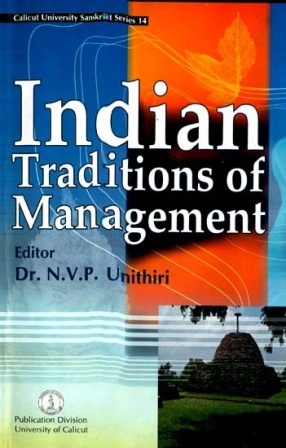
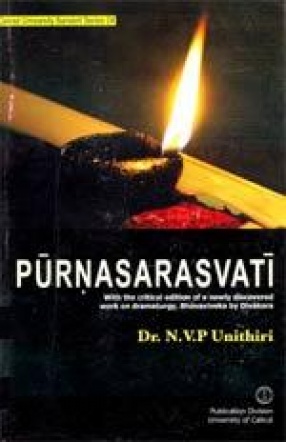
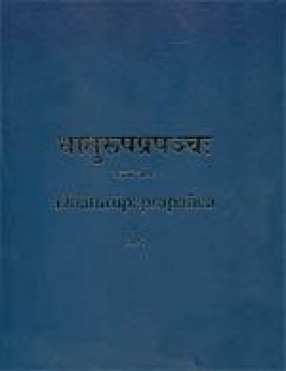
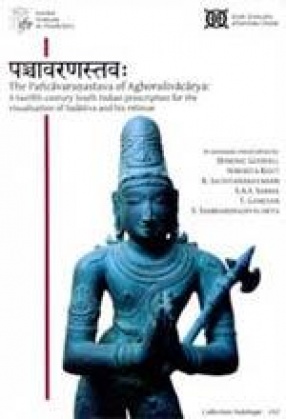
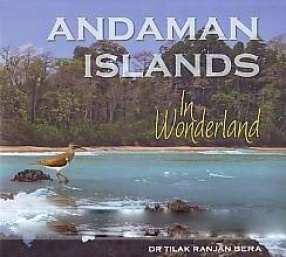
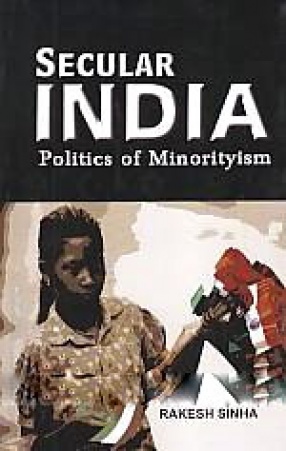
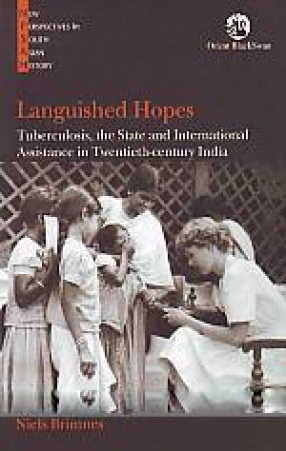
There are no reviews yet.